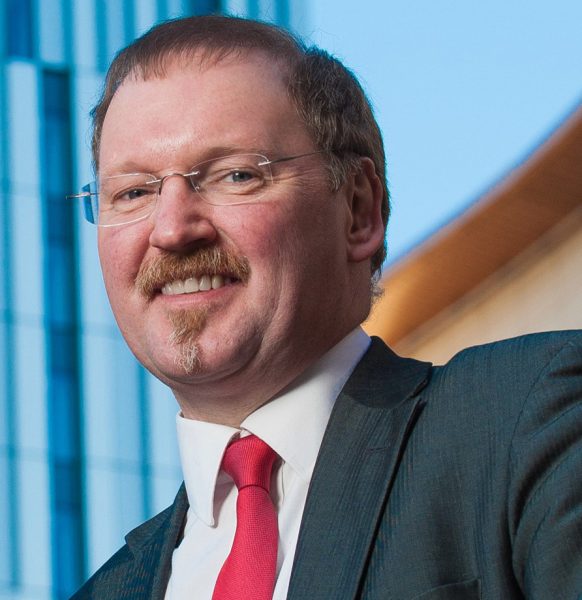27 November 2019

Written by Stuart Patrick, Chief Executive, Glasgow Chamber of Commerce
In just under a year’s time the 26th Conference of the Parties (COP26) United Nations Climate Change Summit will be drawing to a conclusion in Glasgow and we will know better what further measures the world has agreed to tackle climate change.
Glasgow Chamber very recently launched the Circular Glasgow Network inviting businesses of all sizes and sectors to join with us in implementing a circular economy. Our launch event was held in association with IKEA in recognition of the commitment they have made to becoming a wholly circular business.
For that to be achieved all IKEA products have, in IKEA’s own words, ‘to be repurposed, repaired, reused, resold and recycled, generating as little waste as possible’. Just as importantly IKEA appreciates that becoming a circular business must mean understanding how to use its relationships with customers, with suppliers and with governments.
What customers expect from a product, how suppliers provide their components and how governments incentivise circular principles in their regulations, will all be critical in designing out all waste.
We want the Circular Glasgow Network to be a creative, supportive association of all those businesses that have understood the value circular business models can bring, not just in addressing climate change but also in growing a profitable business.
Glasgow Chamber doesn’t want every move aimed at overcoming climate change to be a ban on activity or an additional cost, whether through taxation or fierce regulation.
No doubt some of these will involve constraints and costs, and carbon taxes are widely supported by economists, tricky though it will be to secure worldwide approval for them. But we believe there are positive actions businesses can encourage.
We certainly don’t believe the compromise we must make is to sacrifice economic growth. That is why we are so eager to promote circular principles.
Redesigning a product or a service to drive out all waste must surely be the better option, as clever design takes out waste and reduces cost over time.
Customers too are likely to choose less wasteful products as they become available.
Glasgow is the ideal city to build a circular economy. We are a city of science and innovation. Just witness the Scotland CAN DO forum held in the Glasgow Science Centre just last week.
We are a city packed with professional engineers and designers, and so have all the talent needed to make Glasgow’s economy the most circular in the world.
Holding COP26 in Glasgow adds an extra pressure on the city to show the progress it is making to meet its declared aim to be net zero by 2030. So we are also keen to work with Glasgow City Council to explore what the practical actions are that can help not just individual companies to be more circular but also the city as a whole. The Chamber’s own aspirations for COP26 include helping Glasgow to be the most circular city in the world. Why? Because we believe companies will want to invest more and more young talent will want to live and work in cities which have demonstrated their commitment to tackling climate change.
And we want to use COP26 not just to shout about the progress Glasgow is making as a city but also to showcase the brilliance of our own members both in adopting circular practices but in innovations that help tackle climate change. That’s why we have begun our campaign on all our communications channels to highlight our Climate Change Champions celebrating those Chamber members who have clearly responded to reducing climate change. Please let us know if you think you should be included.
